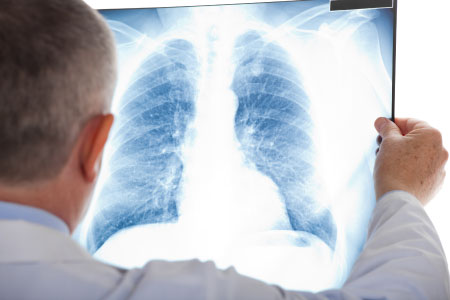2018 brings plenty of coding updates for pulmonary medicine, says Jill Young, an expert coder and CEO of Young Medical Consulting.
Young covers what is new and modified for the field in her conference for ProfEdOnDemand, “2018 Updates for Pulmonary Medicine.”
New Codes for Trachea and Bronchi
Get to know these new codes:
- 31645—with therapeutic aspiration of tracheobronchial tree, initial
- 31646—with therapeutic aspiration of tracheobronchial tree, subsequent but during the same hospital stay
- For catheter aspiration of tracheobronchial tree with a fiberscope at bedside, use code 31725
For evaluation and management services, there are changes to:
- Observation codes 9917-99220: note the addition of the term “outpatient hospital”
- Guidelines for domiciliary, rest home, or custodial care services: Be aware of the editorial revision to include “group home, custodial care and intermediate care facilities”
- Guidelines for revised prolonged service with direct patient contact
Reporting Cognitive Assessment and Care Plan Services: A New Section
A new section was added for 2018 to handle cognitive assessment and care plan services, Young says. Previously, there were no CPT codes for that service. Now, 99483 reports assessment and care planning for a patient with cognitive impairment, whether care is provided in an office, outpatient facility, home, domiciliary or rest home. Ten elements must be met to report the code, and guidelines state the code cannot be reported more than once per 180 days.
The cognitive assessment and care plan, Young explains, is provided when there is a comprehensive evaluation of a new or existing patient who exhibits signs and symptoms of cognitive impairment or who is required to establish or confirm a diagnosis. The plan includes a thorough evaluation of medical and psychosocial factors centered around the impairment.
Services include cognition-related history and an assessment of factors that could be contributing to cognitive impairment, including but not limited to psychoactive medication, chronic pain, infection, depression and brain diseases such as a tumor or stroke.
INR Monitoring Services: Do You Know the Codes?
In her presentation, Young will spell out the details of home and outpatient International Normalized Ratio (INR) Monitoring Services. Key to that is code 93792—patient/caregiver training for initiation of home INR monitoring under the direction of a physician or qualified health pro. You’ll also need to know code 93793—anticoagulant management for a patient taking warfarin must include a review and interpretation of lab results, patient instructions, dosage requirements and additional test scheduling. Here’s how to use these codes:
- INR includes training on use and care of the monitoring device and obtaining a blood sample.
- Provision of test materials and equipment is reported separately from home and outpatient INR services.
According to CPT, do not repeat either 93792 or 93793 during the calendar month or the 30-day post-discharge period.


